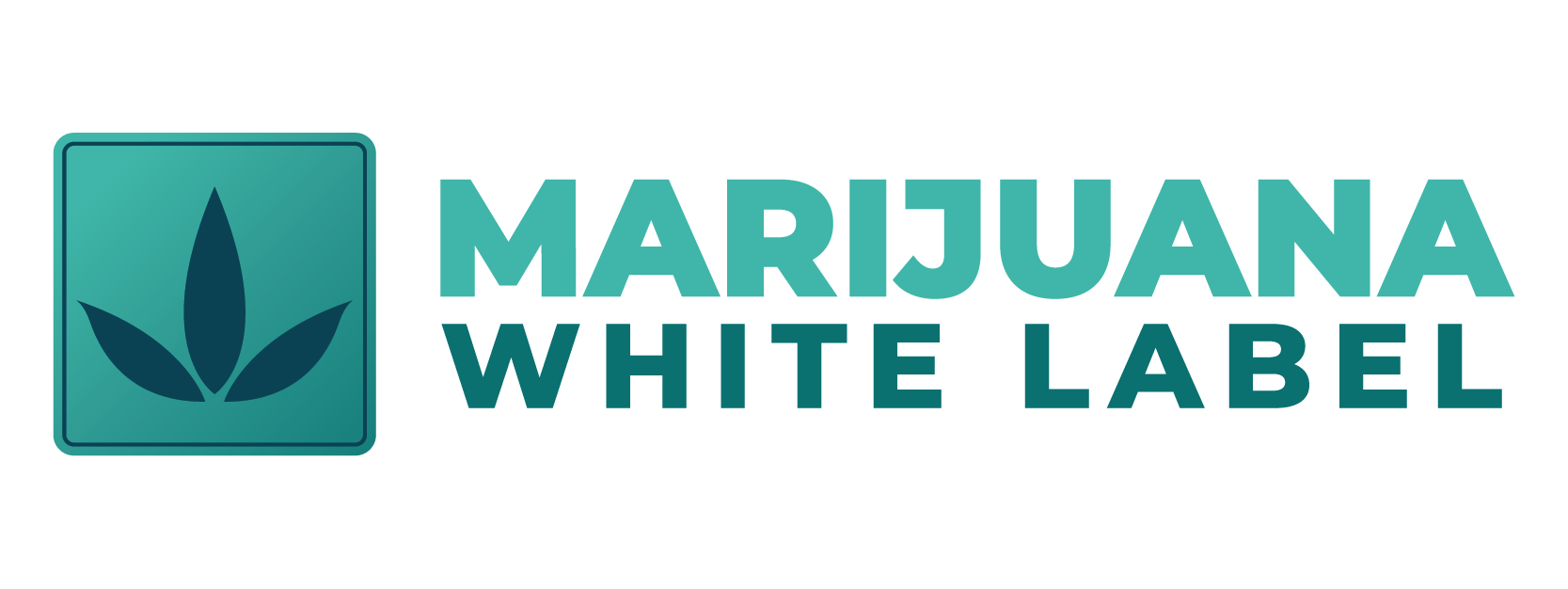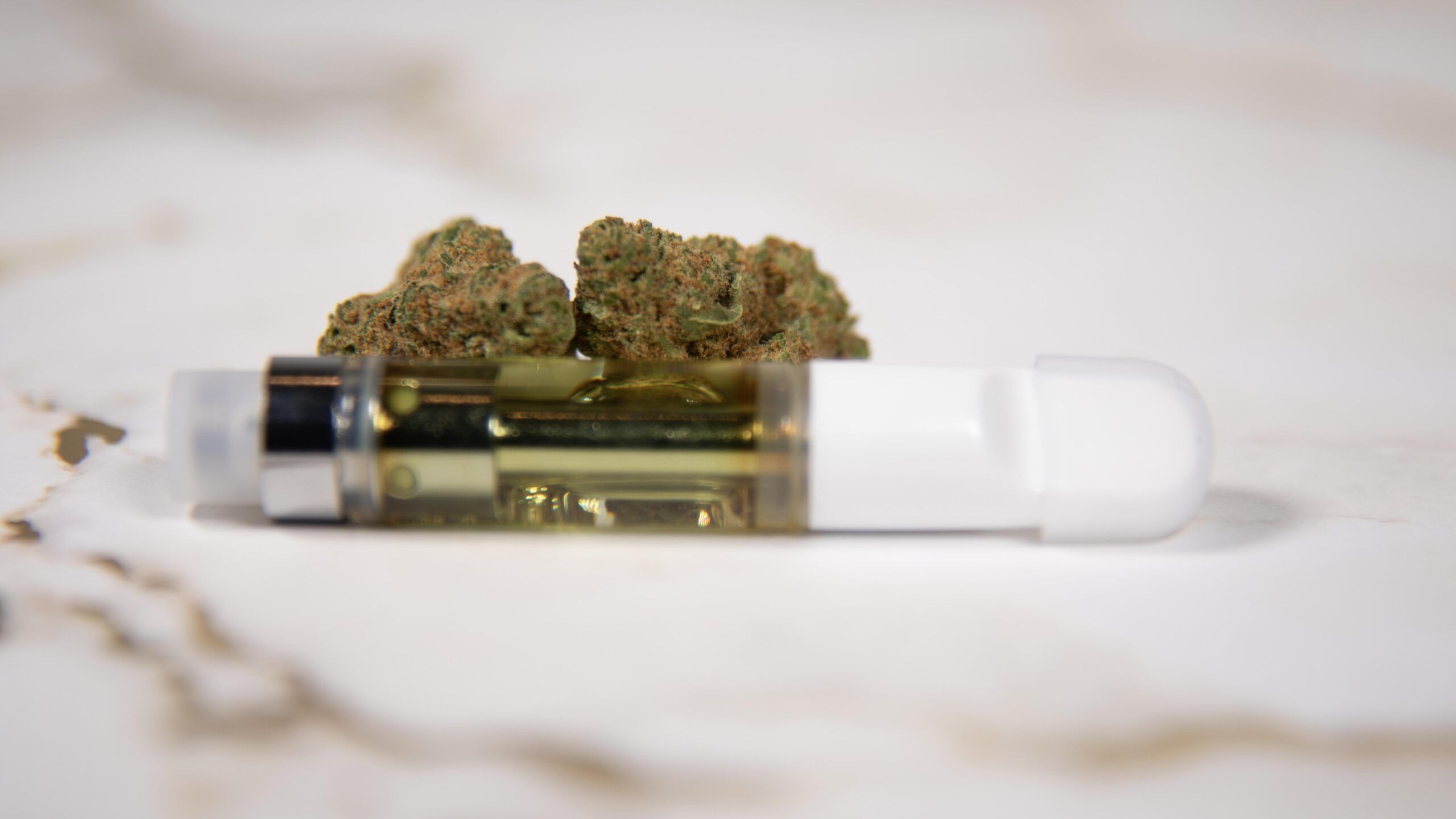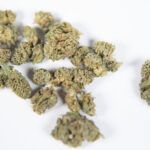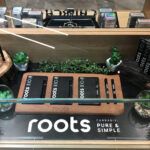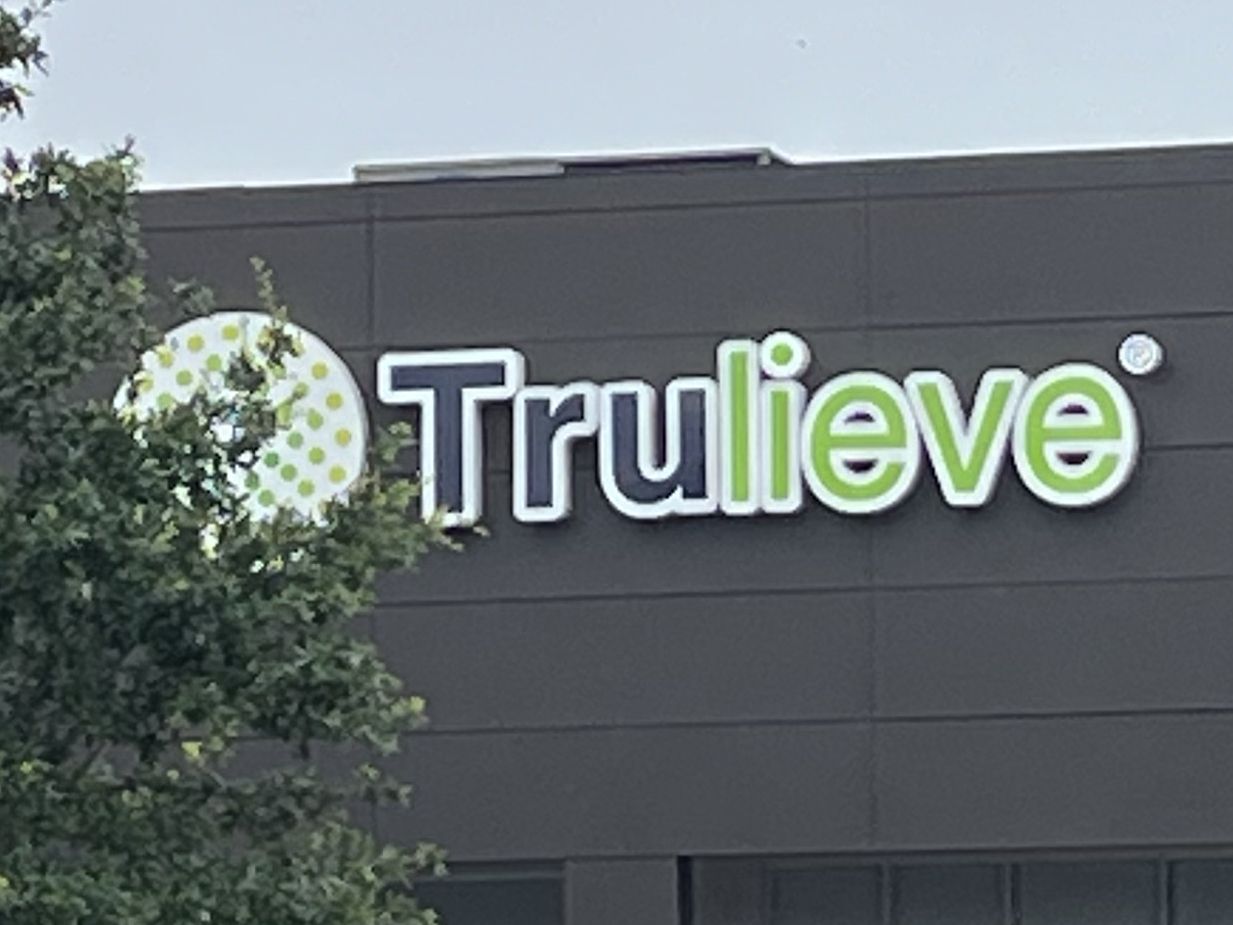In Florida’s rapidly expanding medical cannabis market, multi-state operators (MSOs) are increasingly providing white-label services to smaller local cannabis companies. This trend is reshaping the industry by lowering barriers to entry, fostering market growth, and presenting unique challenges. Here’s a closer look at why this is happening and its impact on the cannabis market.
Why MSOs Are Offering White-Label Services
1. Leveraging Infrastructure
MSOs like Trulieve, Curaleaf, and Liberty Health Sciences have invested heavily in cultivation centers, oil extraction facilities, and production plants to support their multi-state operations. These facilities are often underutilized, and offering white-label services allows MSOs to maximize production capacity without overextending their own brands.
2. Regulatory Challenges for Smaller Companies
Florida’s cannabis market is tightly regulated. Smaller companies face significant barriers to entry, such as:
- High licensing fees
- Strict compliance requirements
- Costly infrastructure investments
White labeling allows smaller businesses to bypass these hurdles by partnering with MSOs, which already have the necessary licenses and facilities.
3. Diversifying Revenue Streams
For MSOs, white labeling represents an opportunity to diversify revenue. By selling unbranded products to smaller companies, they can maintain steady income streams without additional marketing or branding expenses.
How It Affects the Cannabis Market
1. Market Accessibility for Smaller Companies
White-label services empower local businesses to enter Florida’s cannabis market without the need for large-scale cultivation or production facilities. This levels the playing field and fosters innovation by enabling smaller companies to focus on branding and customer engagement.
2. Increased Product Availability
With MSOs providing white-label services, more products become available to consumers. This expansion benefits patients by increasing choices for cannabis products such as oils, tinctures, edibles, and topicals.
3. Branding and Differentiation Challenges
While white labeling reduces entry barriers, it also creates a crowded marketplace where smaller companies often sell similar products. Differentiating based on branding and customer experience becomes critical for success.
4. Consolidation of Power
Some critics argue that white-label arrangements consolidate power in the hands of MSOs. Smaller companies become dependent on MSOs for product supply, which could limit their ability to negotiate terms or scale independently.
5. Price Impacts
White labeling can lead to more competitive pricing. Smaller companies with lower overhead can afford to sell products at a reduced cost, benefiting consumers. However, it could also drive down profit margins for both MSOs and smaller businesses.
Examples in Florida
Trulieve
Trulieve, Florida’s largest cannabis operator, offers a variety of products that can be white-labeled by smaller brands. This partnership model helps Trulieve fully utilize its production facilities while supporting local businesses.
Curaleaf
Curaleaf provides a wide range of oils, concentrates, and pre-rolls that are available for white-labeling, allowing smaller companies to quickly launch their brands in Florida’s competitive market.
The Future of White Labeling in Florida
As Florida considers expanding into recreational cannabis, white-label partnerships are likely to grow. Recreational legalization could attract more entrepreneurs, increasing demand for affordable entry into the market. MSOs stand to benefit as they establish themselves as the backbone of production for a broader range of brands.
Conclusion
White labeling by MSOs in Florida is creating opportunities for smaller cannabis businesses while driving innovation and competition in the market. Although it comes with challenges like dependency and branding struggles, the practice benefits consumers by increasing product availability and lowering prices. As the cannabis industry evolves, white-labeling will continue to play a pivotal role in shaping Florida’s cannabis ecosystem.
Sources
- MJBizDaily: Florida Cannabis Market Trends (2024)
- Trulieve: Partnership Opportunities
- Curaleaf: White Label Solutions
